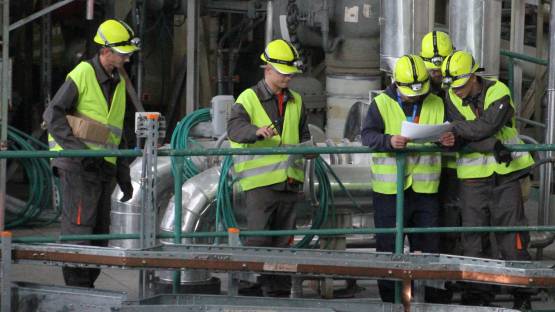The extent to which nuclear energy can achieve its potential of contributing to peace, health and prosperity throughout the world ultimately depends on the availability of competent, qualified and capable human resources. The nuclear industry places very rigorous demands on such resources because of the complexity of the technology and the need for highly educated and trained staff who must meet high standards of performance and conduct. The workforce involved across this spectrum of activities must be able to carry out, from a position for which they have demonstrated their mental fitness for duty, both routine functions and emergency response actions.
On 22–25 August 2017, the IAEA Department of Nuclear Energy held a Technical Meeting on “Human Performance Reliability and Resilience in Nuclear Power Plant (NPP) Operations” at Oak Ridge National Laboratory, the United States. Attracting a lot of interest from Member States, this was the first time the IAEA has held a meeting focusing on the psychological wellbeing and behaviour of the NPP workforce.
The meeting was attended by 52 experts from 18 countries ranging from nuclear newcomers to those with operating NPPs. It included a series of workshops and breakout sessions to exchange experiences and best practices in behavioural assessments and evaluations across national nuclear workforces.
The takeaway is the same for all Member States: safe, secure and effective human performance at nuclear facilities around the world.





